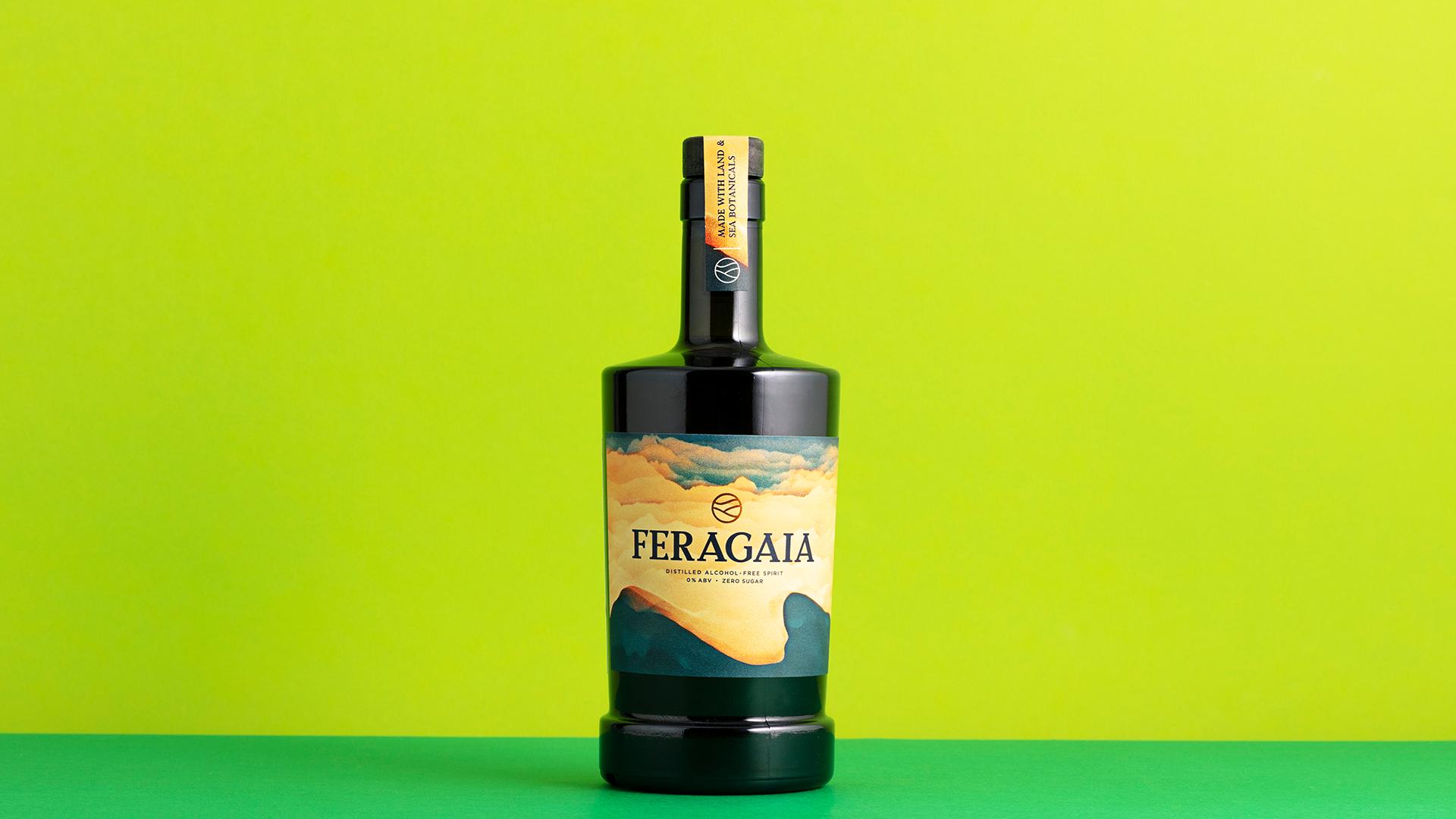

Getaway also uses non-alcoholic spirits like Seedlip and Three Spirit in some of its drinks.Įverleaf, the UK-based aperitif, takes its ingredients a step further. And the syrups, shrubs and other mixers are either made in house or purchased from premium brands like Som (a Portland-based cane-vinegar cordial). Sam and his partner Regina Dellea, charge up to $13 for their zero-alcohol beverages like the Ginger Spice, made with spicy ginger, grapefruit, extra bitter tonic, blackberry and cucumber. There's no, 'here's the premium booze, don't worry about the rest.'" "You can drink a whisky sour and mix it with cheaper stuff because you want the whisky," Sam Thanis from Getaway Bar told us. They want a tasty beverage and a nice experience. Anyone consuming a non-alcoholic beer or gin doesn't just care about the buzz. Zero-proof makers have to be even more focused on quality ingredients than their alcoholic counterparts. You've got ingredients, production/labor, aging, packaging, marketing, distribution, etc.Īnd it's no different in the zero-proof space. The costs for any alcoholic product, be it a bottle of bourbon or a craft beer are pretty standard. What Goes Into the Cost of an Alcoholic Drink?

alcoholic beverages and why they charge what they do for their respective products. The Zero Proof also spoke with Bill Shufelt, co-founder of Athletic Brewing, Paul Mathew of Everleaf a UK-based alcohol-free aperitif and Sam Thonis, co-founder of the booze-free bar Getaway Bar in Brooklyn, New York.Įach shared their thoughts on the pricing of zero-proof vs. "Changing hearts and minds is an expensive marathon," Drink Monday CEO (maker of booze-free gin MONDAY) Chris Boyd told us.ĭrink Monday founder Chris Boyd marveling at his own creation So while premium prices for these products are justified, the market needs to be educated as to why.Īnd that education is going to take some time. And certain sectors, namely "non-alcoholic distilled spirits," didn't even exist a few years ago. The market for premium, zero-proof beverages is still in its infancy. And it's going to take a tremendous amount of product to fill that gap. But the company wants that number to be 20% by 2025. Today, for example, only 8% of AB InBev's global beer volumes come from no and low alcohol beers. And alcohol companies, restaurants/bars and independent makers are stepping in to fill the void with more non-alcoholic options - including NA beers and spirits, shrubs and craft sodas. It's dropped nearly 1% a year for the past three years in the US (a huge number). But before sharing what they have to say, let me explain one big reason the market isn't used to paying top dollar for premium, zero-proof products - the market is young.Īlcohol consumption is slowing. Well, we asked the makers of these zero-proof products to explain the pricing. What goes into a bottle of Seedlip, a non-alcoholic, distilled spirit that costs $30 a bottle? Or a six-pack of Athletic Brewing craft, non-alcoholic beer for $13?Īnd is it worth paying up for, even without the buzz? Many of them also charge the same, premium price.īut once you remove booze from the equation, consumers balk at premium pricing. Many of them follow the same, stringent production processes and use the same, premium ingredients. While there's clearly expertise and some premium ingredients involved in making these products, those marketing numbers show there's also plenty of margin built into each sale.īut today, there are a growing number of premium, non-alcoholic drinks hitting the market. ABInBev, the world's largest brewer, spent $1.53 billion just in the US that same year.
:max_bytes(150000):strip_icc()/9b6d6d5b-d968-4fdd-9031-aba9ff5f9d5d--garden_108_silo-b316570a7dd545afa0e54a5e80ba92c4.jpeg)
or whatever you're looking for in life.ĭiageo, the world's largest booze company, spent nearly $2.5 billion on marketing in 2018. And the associated buzz is the first step on the way to adventure, romance. You may complain about the prices, but you pay it.ĭecades of marketing by the world's largest booze brands have conditioned us to believe that paying up for premium alcohol is the norm. Nobody has a problem dropping $40 for a good bottle of bourbon, or $17 for a cocktail at a New York City bar.


 0 kommentar(er)
0 kommentar(er)
